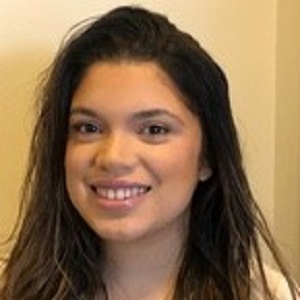Saint Luis University (SLU) has entered a multi-year contract with Planet Labs to support the Taylor Geospatial Institute (TGI) in conducting more efficient geospatial research through access to Planet’s satellite data.
The partnership is Planet Lab’s largest direct university engagement and offers TGI member institutions access to Planet’s satellite data through the company’s Education and Research Program. With access to Planet’s data, TGI aims to enable researchers to explore critical issues surrounding global food security, core geospatial science and computation, geospatial health, and national security.
TGI brings together eight Midwestern universities and research centers to harness innovation in geospatial science and make scientific discoveries that address global challenges.
The members of the TGI consortium are Saint Louis University, the Donald Danforth Plant Science Center, Harris-Stowe State University, Missouri University of Science & Technology, University of Illinois Urbana-Champaign, University of Missouri-Columbia, University of Missouri-St. Louis, and Washington University in St. Louis.
“This consortium enables the Taylor Geospatial Institute to tap into the incredibly talented and diverse user community in the St. Louis region as they seek solutions to some of the world’s greatest challenges. We look forward to seeing the countless ways these students and researchers will leverage Planet’s satellite data to help us ensure security and well-being globally,” Robert Cardillo, Planet Federal chief strategist, said in a statement.
In addition, the partnership includes funding for the TGI Planet Fellowship Program. The program aims to improve TGI students’ dissertation research work and promote Planet datasets to address societal challenges and develop the next generation of scientific leaders. The program also aims to catalyze regional collaboration to accelerate the St. Louis region’s goal to become the hub for geospatial innovation.
Fellows must develop new geospatial tools that advance geospatial science, develop sensors or robotic platforms to generate new data, or use location-aware datasets to address societal and scientific challenges.
The deadline to apply for the inaugural round of the program funding is Oct. 1.

